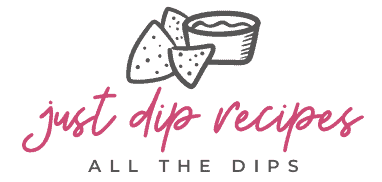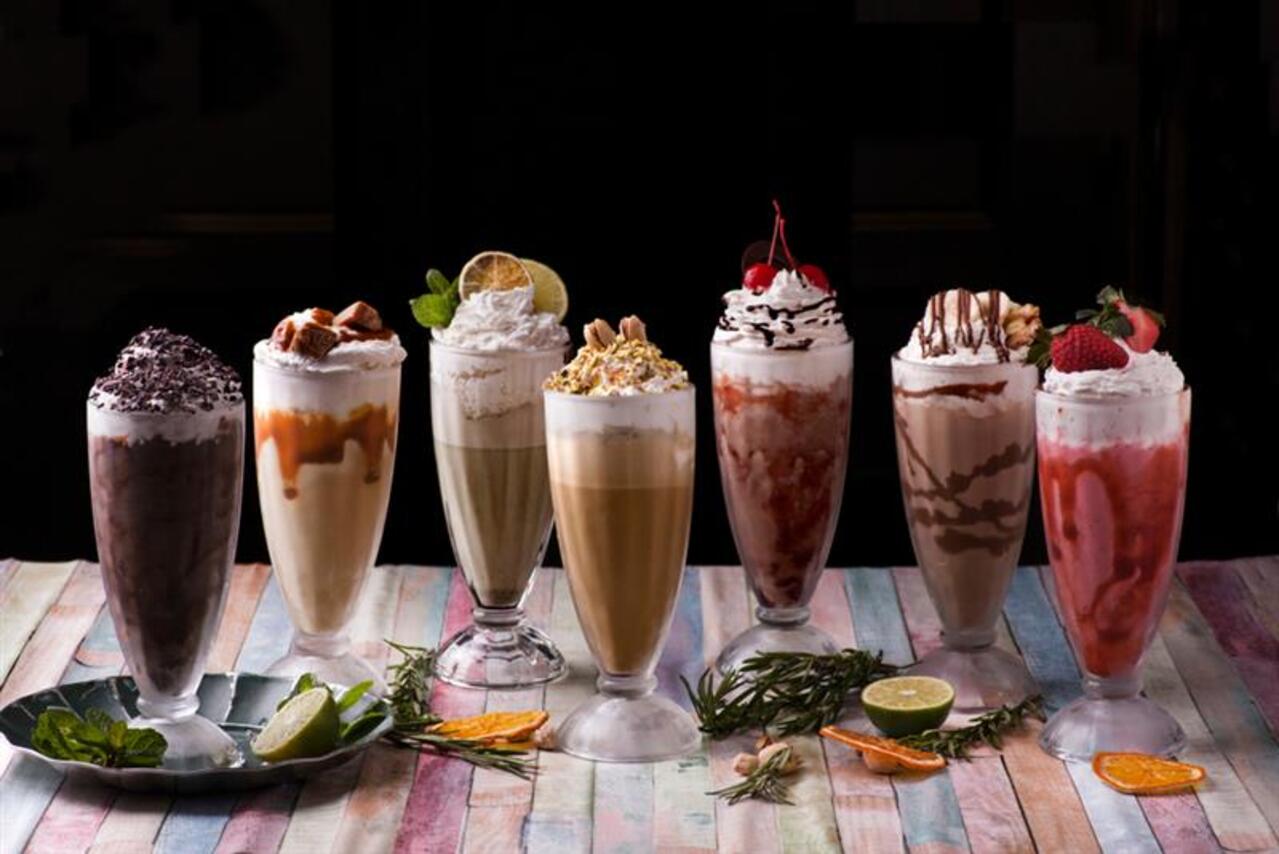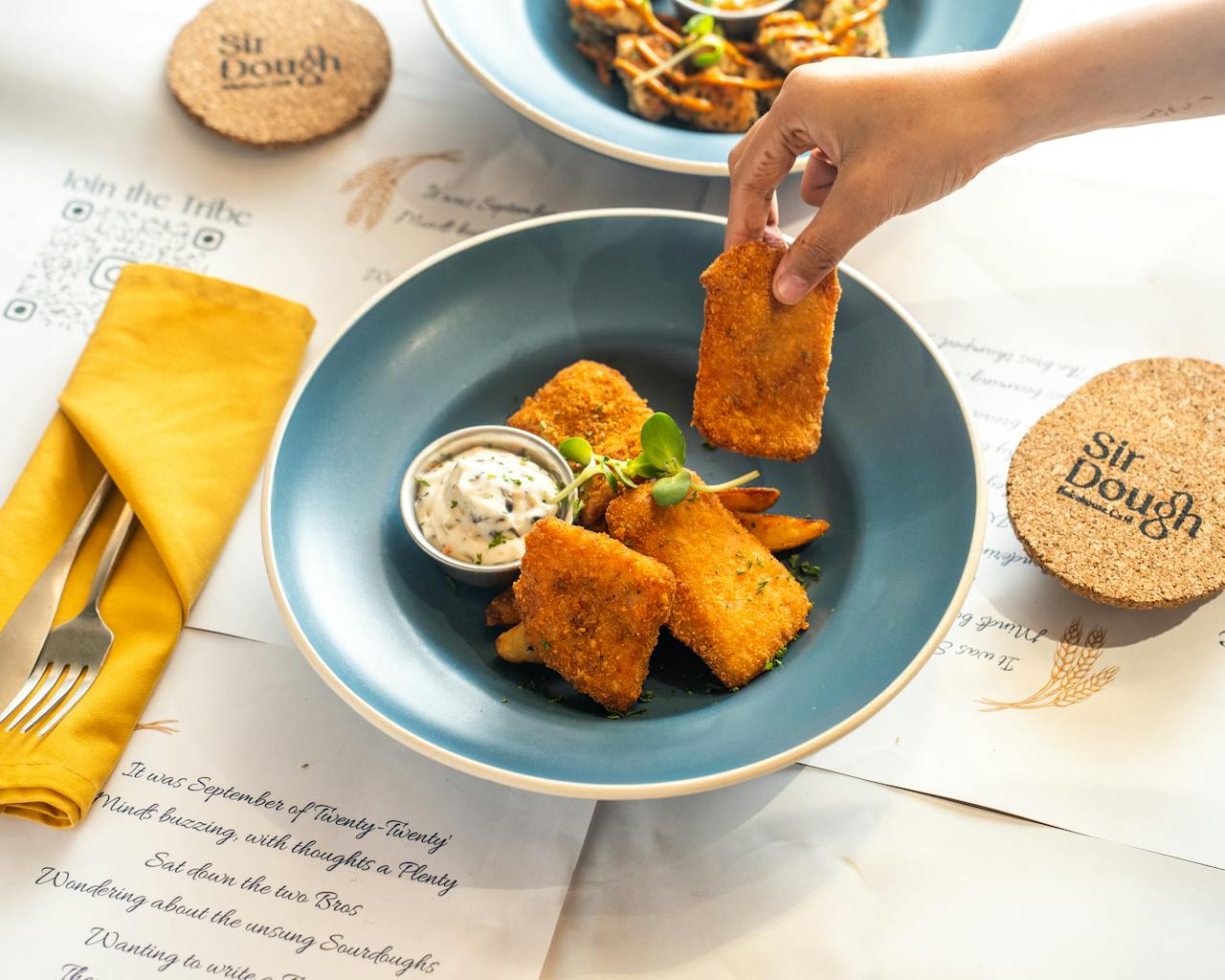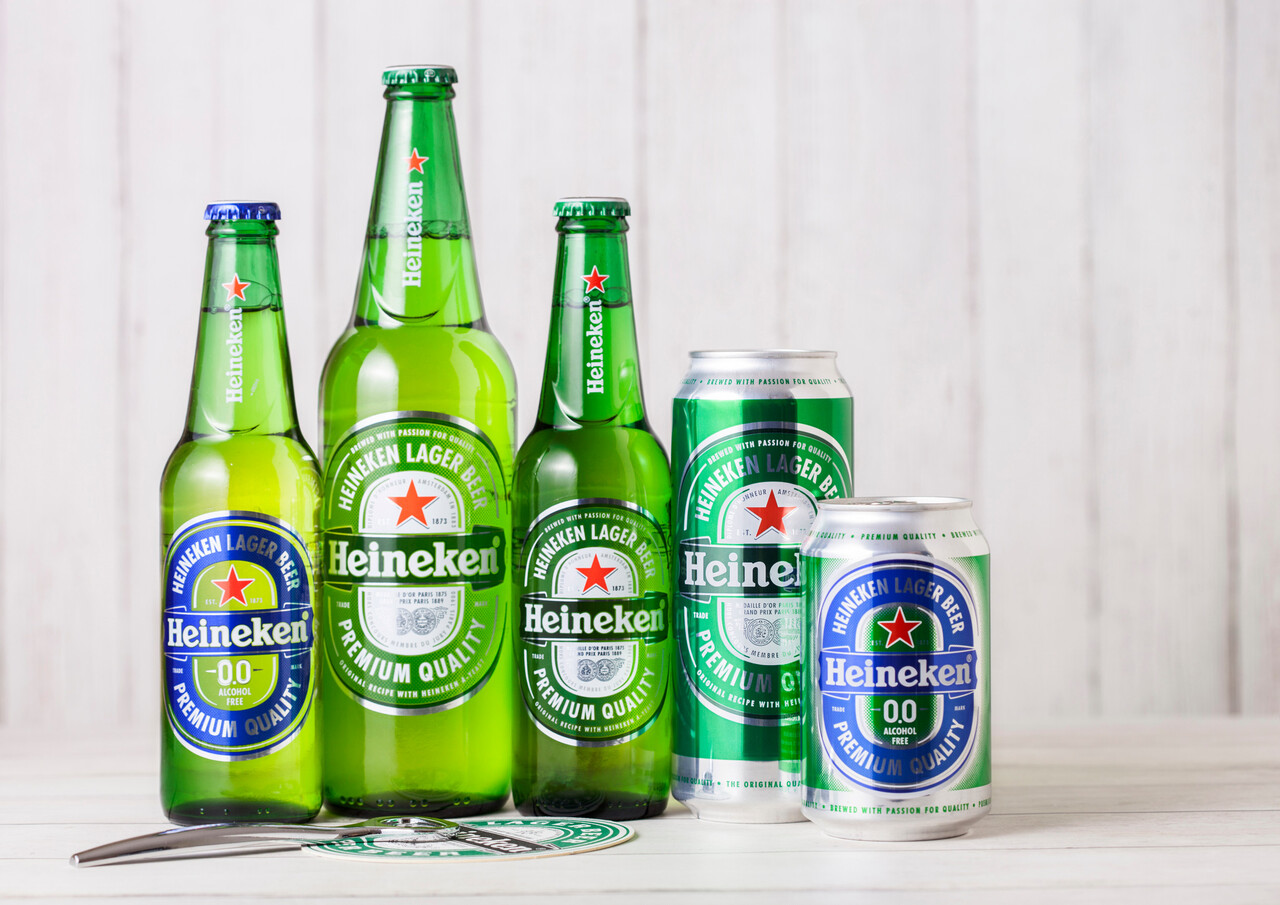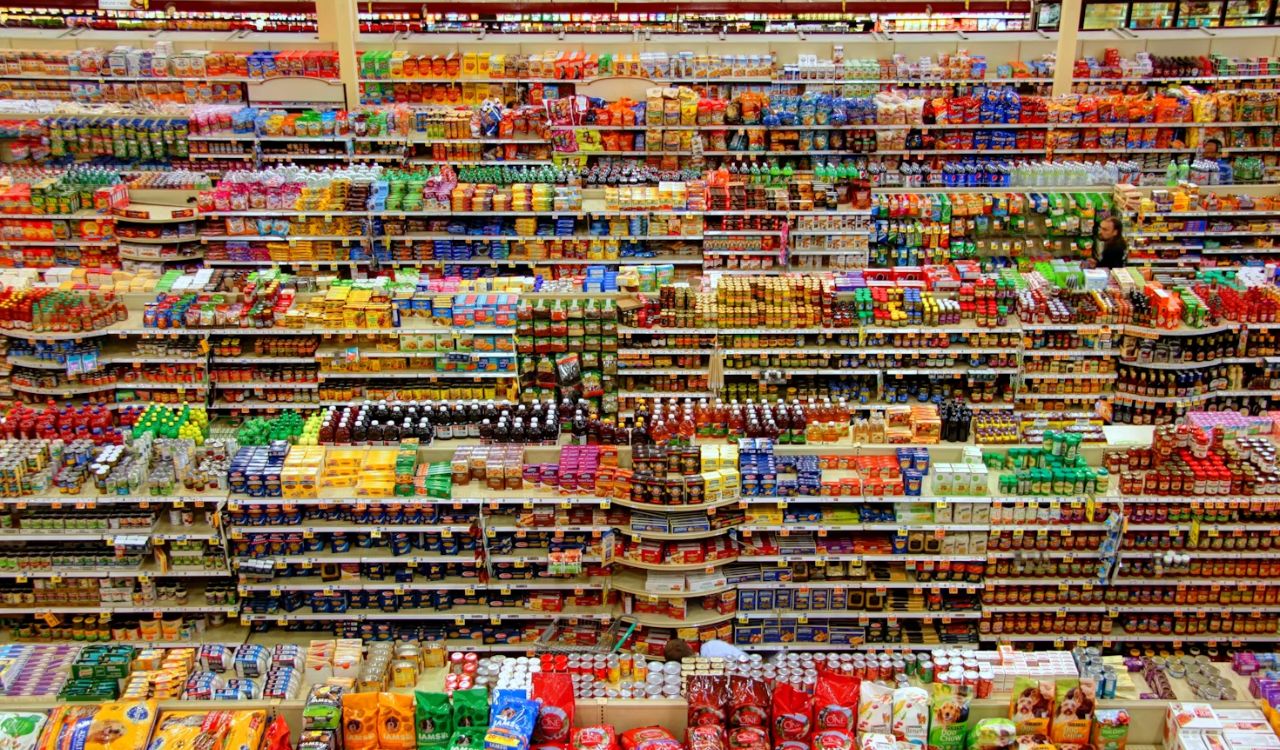The Rise of Sober-Curious Culture: Why Gen Z Is Ditching Drinking
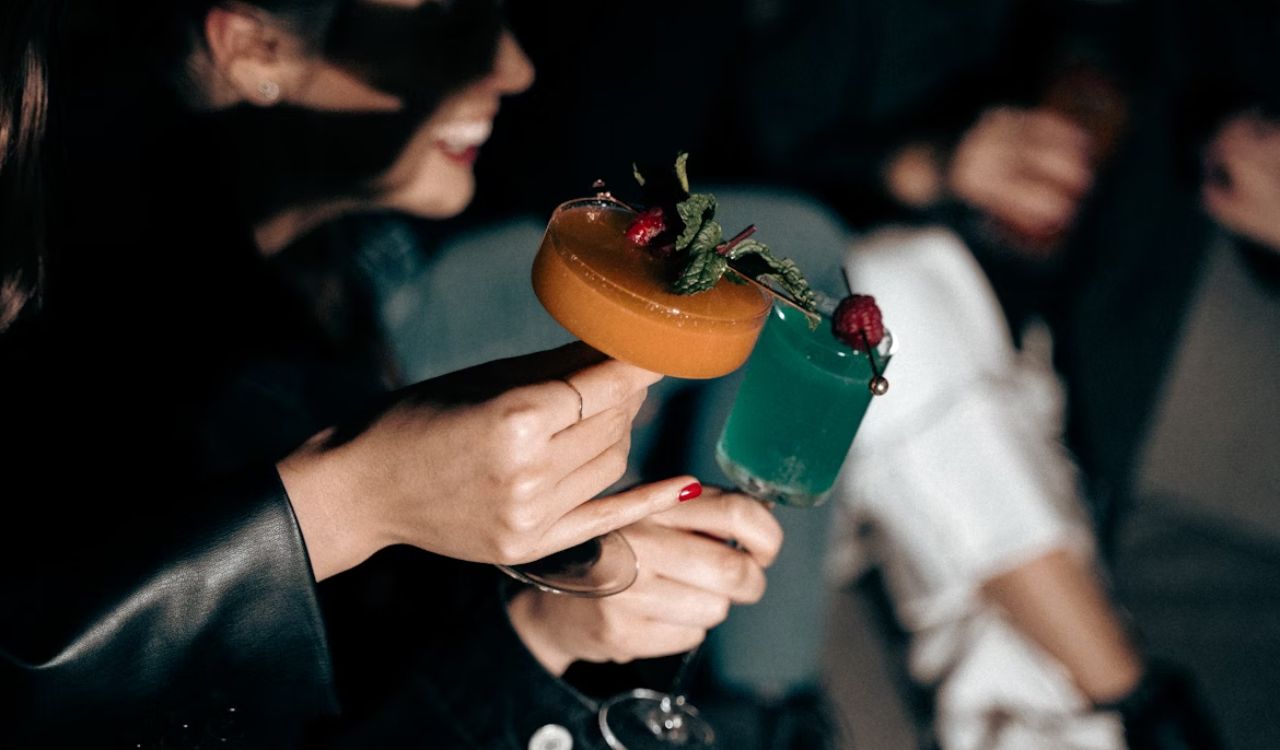
Alcohol has long been tied to celebration, social life, and even professional networking. But among Gen Z, the generation born between the mid-1990s and early 2010s, a new relationship with drinking is emerging. Known as “sober curiosity,” this trend reflects a willingness to cut back or abstain from alcohol without fully committing to traditional sobriety.
Unlike recovery programs that focus on addiction, sober curiosity is rooted in mindfulness. It invites people to ask: Do I really need this drink? How would my life change if I reduced or eliminated alcohol? For many young adults, the answers point to better health, stronger connections, and more authentic experiences.
This cultural shift is not only redefining social life, it is also reshaping industries, workplaces, and public health conversations. And the numbers suggest the change is significant.
What Does “Sober-Curious” Really Mean?
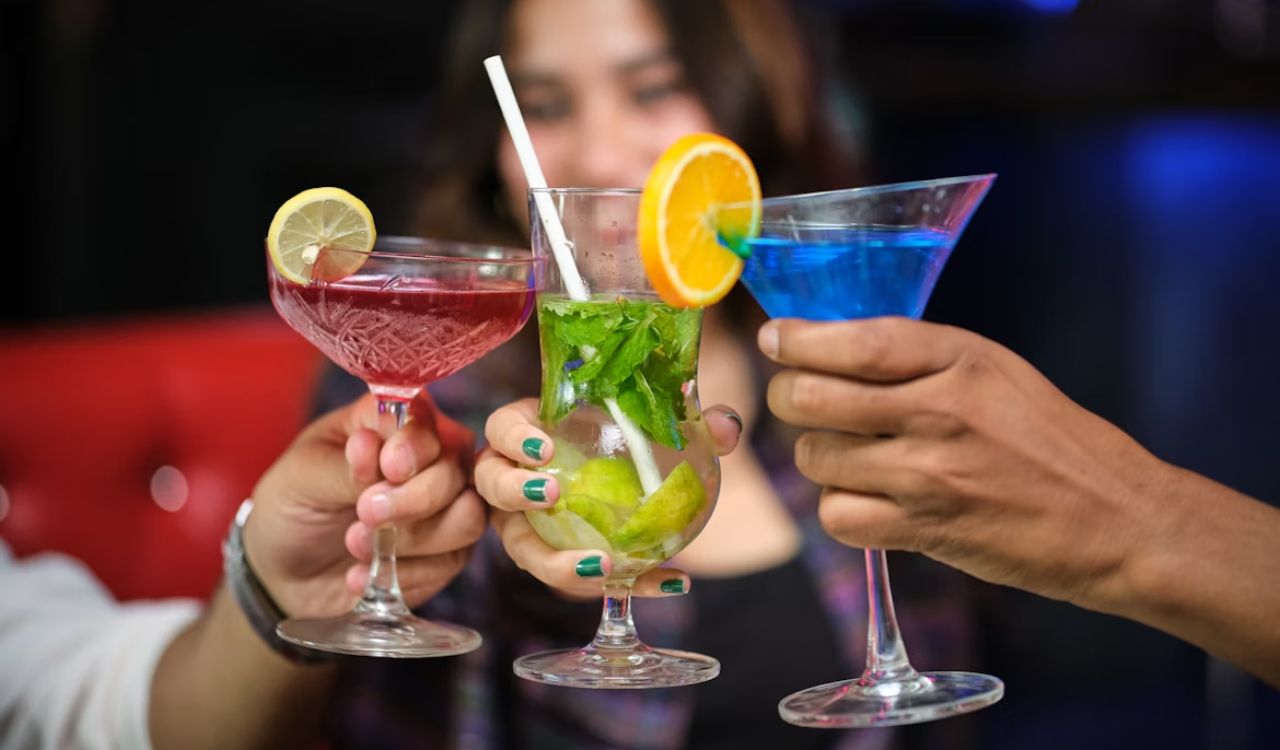
The concept of sober curiosity gained traction after Ruby Warrington’s 2018 book Sober Curious. The idea is simple: rethink alcohol use without necessarily declaring total sobriety.
Psychologists describe the movement as “moderation with intention.” The American Psychological Association (APA) notes that sober curiosity involves experimenting with alcohol-free periods, limiting drinking to occasional settings, or replacing alcohol with alternatives like mocktails. Unlike abstinence-based models, sober curiosity is flexible and inclusive, making it appealing to younger generations who dislike rigid labels.
According to Sunrise Detox, interest in this approach has exploded, with participation in “Dry January” doubling in recent years. Surveys show that millions of adults are now exploring temporary alcohol-free challenges, and many maintain reduced drinking habits even after the month ends.
Why Gen Z Is Driving the Change
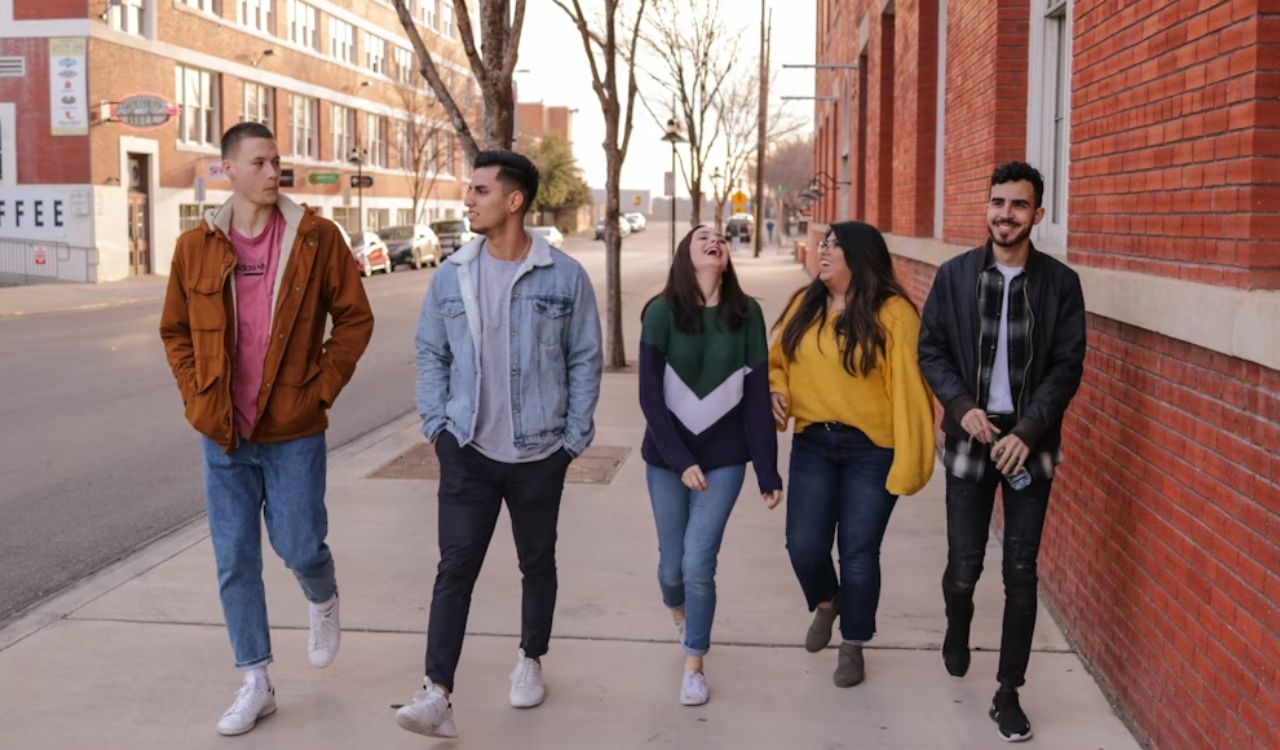
Data consistently shows that Gen Z is drinking less than previous generations. A global survey highlighted by The Conversation found that Gen Zers are far more likely to reduce alcohol consumption than Millennials or Gen X at the same age. For example, one UK study cited in the article reported that about 26 percent of 16- to 24-year-olds now identify as non-drinkers, compared to just 15 percent in 2005. Several factors explain why.
Mental Health Awareness
Gen Z’s mental health awareness is also influencing the trend. The APA explains that young people are increasingly conscious of alcohol’s role in anxiety, depression, and sleep disruption. In fact, studies show that alcohol is a depressant that can worsen underlying conditions, which makes cutting back appealing for a generation already invested in therapy, mindfulness, and wellness routines.
Economic Factors
Finances also play a role. As Sunrise Detox points out, alcohol is expensive, and many young adults balancing student debt and rising living costs are unwilling to spend on costly nights out. Choosing to skip or limit alcohol is both a health and financial decision.
Social Media and Community
Finally, social media has made sober living aspirational. Platforms like TikTok and Instagram amplify hashtags such as #sobercurious and #mindfuldrinking, which now attract millions of views. Sunrise Detox highlights that sober influencers have created thriving online communities, giving young people models for alcohol-free living that previous generations did not have.
How the Movement Is Reshaping Culture

The rise of sober curiosity is changing more than individual choices. It is transforming nightlife, beverage industries, and even workplace practices.
The Rise of Non-Alcoholic Beverages
The alcohol-free beverage market is booming. According to Sunrise Detox, sales of non-alcoholic beers, wines, and spirits grew 33 percent in 2022, and analysts expect continued double-digit growth through the rest of the decade. Big brands like Heineken, Guinness, and Budweiser are investing heavily in 0.0% product lines, while startups are creating premium mocktails designed to feel just as sophisticated as traditional cocktails.
New Nightlife Models
The Conversation highlights that cities around the world are seeing more “sober bars” and alcohol-free events. These venues cater to a generation that values connection, music, and wellness over intoxication. In New York and Los Angeles, sober nightclubs and alcohol-free festivals are gaining traction, offering experiences that mirror traditional nightlife without the hangover.
Workplaces and Social Acceptance
The APA notes that workplaces are also shifting. Traditional “happy hours” are being replaced with coffee meetups, fitness-based networking, and wellness retreats. This reflects a growing understanding that inclusivity extends beyond gender and race, and now includes respect for those who choose not to drink.
What the Data Says About Benefits

The health benefits of sober curiosity are well-documented.
- Better sleep: The APA reports that reducing alcohol improves sleep quality, particularly REM cycles that are critical for memory and mood.
- Lower disease risk: Even moderate reductions can decrease the likelihood of liver disease, certain cancers, and heart conditions.
- Improved mental health: According to Sunrise Detox, many people report less anxiety, improved focus, and more energy when they reduce drinking.
- Social outcomes: The Conversation notes that alcohol-related hospital admissions among young people are declining in countries where sober curiosity is gaining traction. In the UK, admissions dropped by 13 percent between 2009 and 2019 among those under 25.
The Future of Drinking
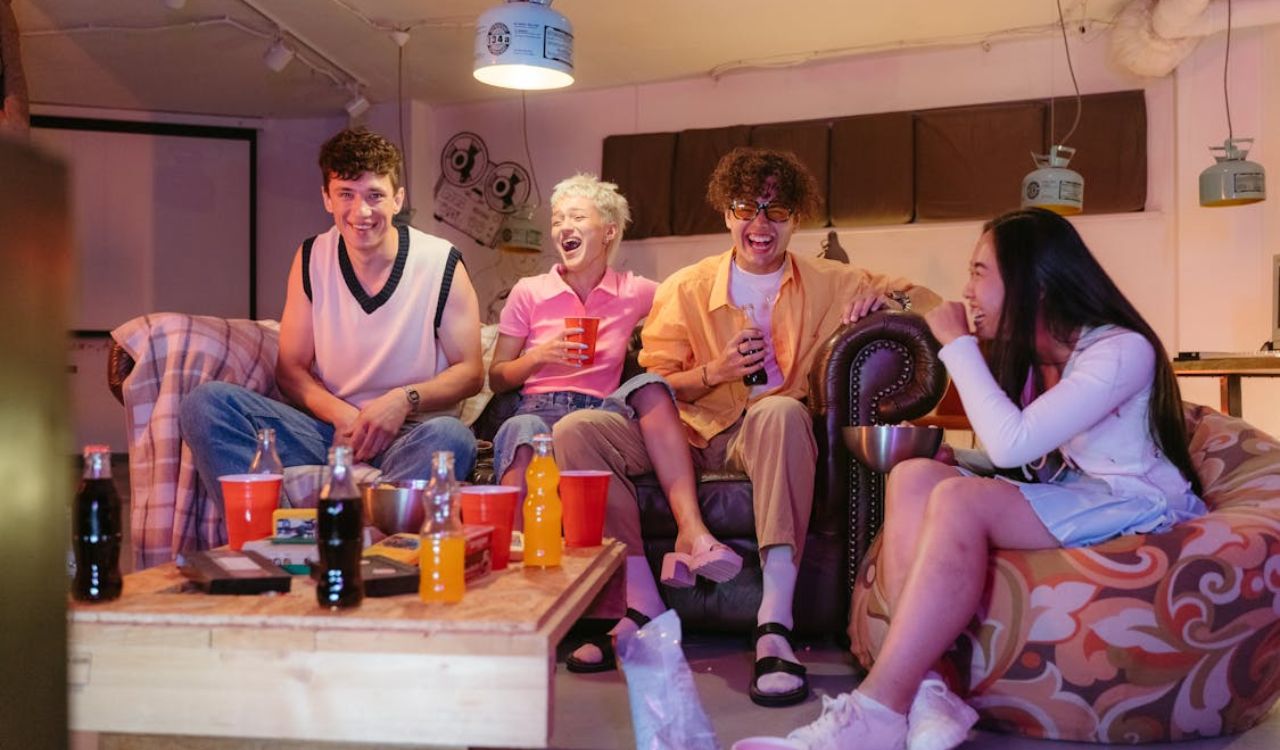
While alcohol is unlikely to disappear, its role in society is shifting. The APA suggests that the sober-curious movement reflects a “cultural rebalancing” rather than prohibition. For Gen Z, alcohol is becoming optional rather than expected.
Industry analysts predict that the alcohol-free beverage sector could be worth over $30 billion globally by 2030. Social events will likely continue to diversify, with alcohol-free zones and sober-friendly gatherings becoming standard. And as more people experience the benefits of moderation, public health outcomes may improve.
The most significant change, however, may be cultural. Sober curiosity is removing the stigma once attached to not drinking. For Gen Z, choosing a mocktail is not a statement of restriction. It is a lifestyle choice that prioritizes authenticity, health, and financial sense.
References
The Conversation: The Rise of Sober Curiosity: Why Gen Zers Are Reducing Their Alcohol Consumption- theconversation.com
The Rise of the Sober Curious Movement: Rethinking Alcohol in Modern Culture- sunrisedetox.com
‘Sober curiosity’ destigmatizes the desire not to drink- APA.org

